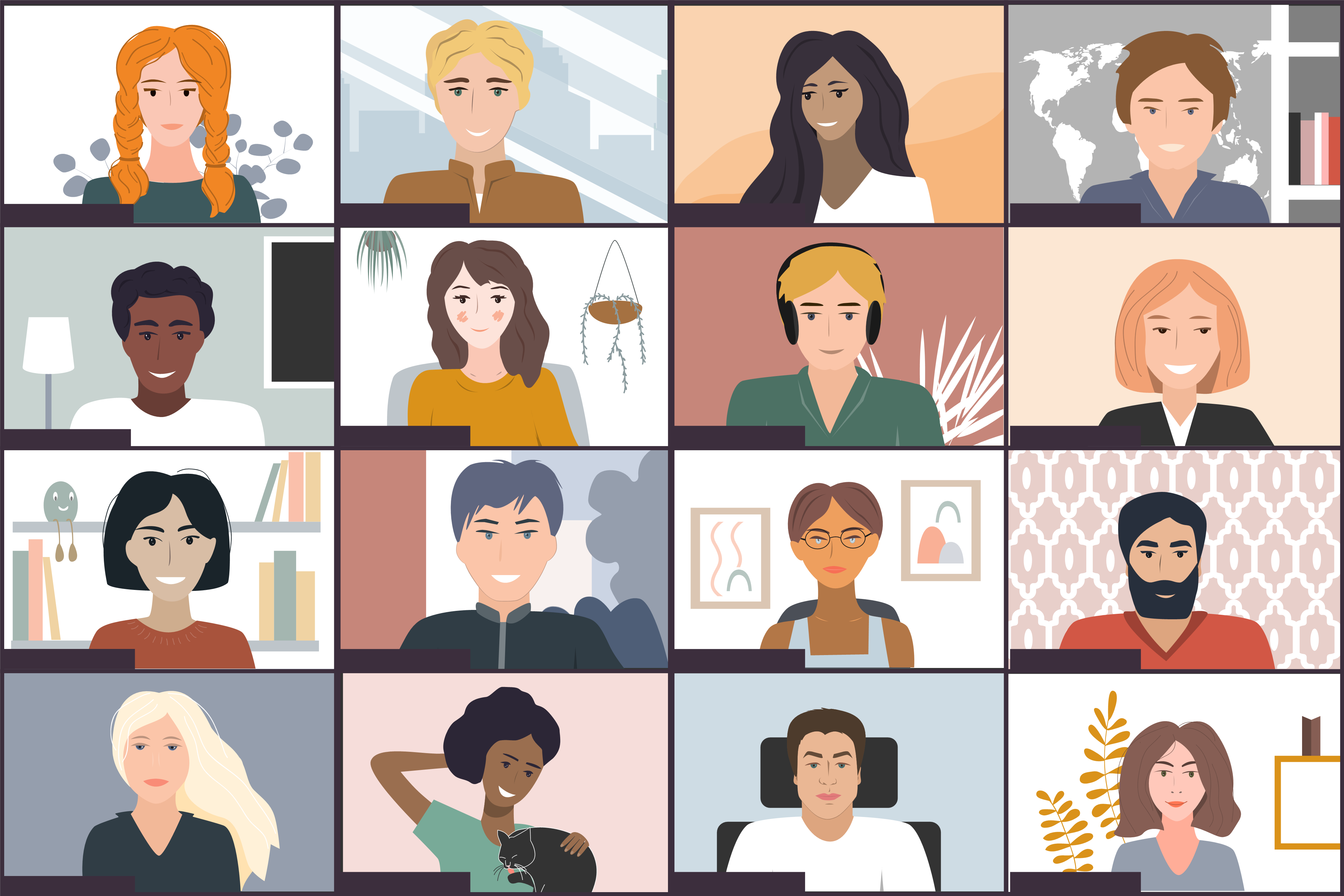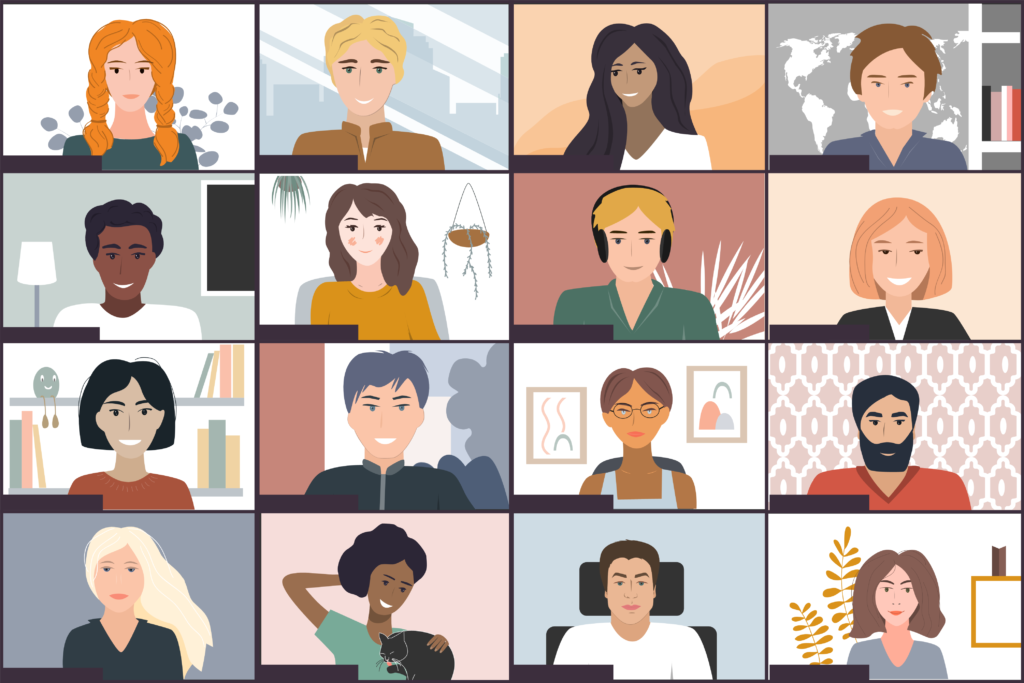
This blog was written by Emma Osborne, research assistant at the Centre for Research on Eating Disorders at the University of Oxford (CREDO) and Dr Rebecca Murphy, co-director of CREDO and NIHR Clinical Doctoral Research Fellow.
Our research group have developed a new digital self-help programme for people with recurrent binge eating. We are trying to work out how best to research whether this new treatment works.
Binge Eating Disorder is a serious mental illness that can develop during the teenage years or later in adulthood. It can affect people of all ages both directly (i.e., by having the disorder) and indirectly (i.e., by knowing someone else who is suffering from the disorder, such as a friend or family member). It is therefore essential to collaborate with a wide range of people to ensure our research is of wider relevance to the whole population.

An important part of this collaborative work is to reach people early during the development of the disorder by raising awareness of the problem and the treatment options in people who may not be experiencing any problems themselves. These people can then share the information with others or they might come to need that information themselves one day. We therefore decided to speak to young people to find out: (i) whether they think our research is a good idea, (ii) how best we can involve young people in this research, and (iii) what they think might encourage or put young people off wanting to take part.
We met with Vanessa Bennett, who leads the Young People’s Advisory Group (NeurOX YPAG). NeurOX YPAG are a group who are keen to contribute to research in mental health and ethics. Vanessa helped us to organise a virtual meeting with five young people from the NeurOx YPAG. Before the session, we prepared a short summary of our research plans and a presentation with the questions we would like to ask during the session. We sent these materials to the young people in advance, so that they could read these and get a feel for what we would be talking to them about.
The session began with introductions and then we gave a short presentation about our research plans and asked our questions. The young people then split off into two breakout rooms to brainstorm responses and write their thoughts on an anonymous online discussion board called Padlet. During this discussion time, Rebecca and I stayed in the main Zoom room with Vanessa and were available for questions. The breakout rooms provided a safe space for the young people to chat freely to each other about a sensitive and serious topic, and support one another in drawing out their ideas. We then joined together again so that the young people to talk us through their thoughts and we could reflect on, clarify, and thank them for their ideas.
The young people provided useful insights into their priorities, preferences, and concerns about our research. They articulated clearly the advantages of digital treatment for Binge Eating Disorder in terms of it being discreet and something which could be disguised to help avoid potential embarrassment and judgement from others. They also recognised that young people may prefer to speak to a young researcher during supportive sessions to encourage them to use the programme.
It was so helpful to hear what stood out to young people as they reflected on our research so that we can incorporate their feedback. For example, we will think carefully about who might be best to give brief non-specialist support alongside the treatment programme to encourage young people to use it, and make sure to describe this support clearly in the materials we share with people who might like to take part in our research.
Inviting young people to review and report back on our research plans has helped us towards our goal of conducting research that is meaningful and relevant to everyone it might impact. We encourage other researchers to join forces with young people!

